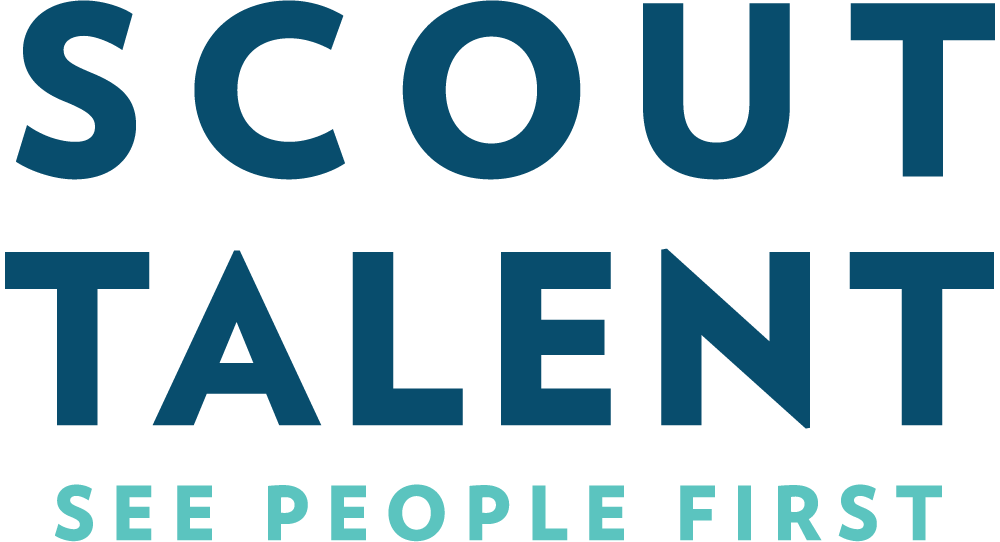We are experiencing a tight labor market. Very few people are unemployed, and businesses throughout the world are trying to find any talent they can from the increasingly limited number of job seekers currently available.
In order to fill their existing roles, many organizations are being forced to look outside the box – to rethink how they find talent in order to fulfill their needs and drive growth. One of the ways that organizations can do this – particularly during periods of higher unemployment – is to re-evaluate what they’re looking for in a potential recruit.
Experience, skills, and potential: evaluating applicants
Typically, when filling an open position, hiring managers will look for three things:
- Experience – This typically includes how long someone has worked in the field, whether or not they have worked with specific software or systems, where they were educated and how long they spent in their role(s).
- Skills – This includes the person’s specific abilities and technical skills, outside of their experience level. For example, whether or not someone knows how to program in javascript, has undergone leadership training, or is really good at socializing with people.
- Potential – This is the slightly more subjective side of hiring, where a person is evaluated not on who they are now, but on who they can be. Some of this may be based on their data, but hiring managers also look for intangibles like intelligence, likeability, cultural fit, and energy when hiring for potential.
In the past, applicants tended to be evaluated in that specific order: experience, then skills, then potential. While all three have a place in the hiring process, it may be time to reconsider this method of evaluation.
Weaknesses of experience
“Experience” has long been the metric of choice for talent acquisition. It remains valuable for evaluation even today. After all, if you’re hiring for an open position – for example, an IT job – and someone has 5 years of experience working in that exact same job, then at least some of that experience will be transferable to your new position and speed up the time it takes to be productive in the role.
But experience also has its drawbacks. These include:
- Not all of a person’s experience is going to be transferable, as each employer and job has different needs, different tasks, and different systems.
- The number of years of experience desired is often arbitrary and might turn away prospective applicants. Is 5 years measurably better than 4? What about 3? What about only 1? Sometimes, seeking experience in a field can be limiting.
- Some people with experience are also more rigid in their beliefs and habits. Experience can sometimes harden people in ways that make them less trainable.
- Experience can also create unrealistic expectations that the person may not be able to meet. Because each workplace is different and because not all skills are transferable, a person with a lot of experience may still need a lot of training. Not having clear and measurable expectations for your new starter can negatively impact their confidence and sap up valuable time from your current team.
- Experience can be a function of luck and privilege, not necessarily ability. We’ll have more on that in a moment.
None of this is to say that experience is “bad,” but it also doesn’t tell the whole story, and may not necessarily indicate that someone is the right fit for a role.
Skills – useful to have, but also can be taught
The skills an applicant has provides even more insight into their ability. After all, if you need someone that knows Salesforce, and the person says they know Salesforce, that should give them an advantage over someone that does not. Skills are also a useful recruitment metric. But skills, like experience, can also be misleading:
- Many skills can be taught. Most applications, programs, and structures are meant to be user-friendly and do not require a level of advanced technical knowledge only attainable with extensive education. Even if a person does not have a skill, the learning curve may not be high.
- Knowing a person has skills doesn’t tell you what they can achieve with those skills. The candidate can “know” how to use Microsoft Access but that does not give you any indication of whether they can complete the right level of tasks you require.
- Similarly, skills are not always transferable. Programs, like the Salesforce example above, can be used in many different contexts. The candidate’s experience with it at one employer may not transfer to your organization. In some cases, it can even be detrimental.
Once again, this is not to deny that a candidate’s skills are without value. Rather, it’s important to be aware that seeking some skills may cause you to overlook others.
Hiring for potential unlocks the candidate market
Skills and experience both remain useful for finding great talent. But what many employers stand to realize is that hiring for potential can be as important, if not more so, than their past work.
Almost any time you hire someone, you’re going to need to train them. It doesn’t matter how much experience or what skills they have, a strong onboarding process, consistent training, and a growth mindset are key to all successful hires. All of this requires the person to have potential. They need to show that they have the ability to not only learn their job but to be a cultural fit that grows with the organization.
Need help onboarding your new team members effectively? Check out these 11 secrets for a successful onboarding process.
Prioritizing potential without compromising inclusivity
As we mentioned earlier, experience and skills can also be a product of a person’s luck and privilege. One of the things that organizations must learn is that it is difficult to disentangle privilege from merit, but doing so can help you find talent in places you haven’t previously looked.
For example, imagine two people:
- Person 1 comes from a wealthy family with a lot of connections, was given a job by a family friend, and gained 5 years of experience at that job.
- Person 2 comes from a disadvantaged community with few connections, studied extensively to learn skills, and had to work hard to get their first role. They have 1 year of experience.
In a traditional talent acquisition environment, Person 1 would be more likely to get a job and higher pay than Person 2, despite Person 2 working harder and showing far more potential.
Hiring people for reasons other than just experience/skills introduces more diversity of thought and different perspectives. Because experience can be a function of privilege, many people with similar experiences will also have the same viewpoints and ways of thinking. Staying mobile in today’s ever-changing market requires more diverse perspectives – something only possible if you’re hiring outside of traditional norms.
A creative approach to talent acquisition fosters organizational success. Finally, hiring for potential opens up your candidate pool to many more talented individuals, driving your talent acquisition forward. This is especially advantageous in a tight labor market, but will continue to provide value even as the tight market eases.









